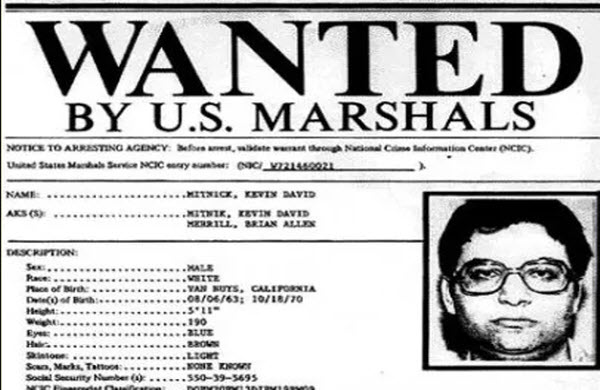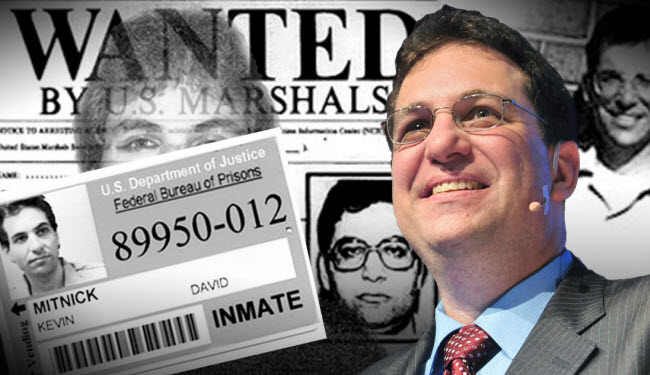Programmers around the world believe that no matter how secure a system is, it is almost impossible for it to be completely free of vulnerabilities. These flaws, often unknown to the system’s creators, are typically discovered and exploited by hackers—those skilled individuals who can bypass defenses, access sensitive data, or even take control of entire systems. Hackers represent a constant threat to software companies and governments, which often suffer significant financial losses due to cyberattacks. Among the many infamous hackers, one name stands out: Kevin Mitnick. Known for infiltrating the systems of over 40 major companies, he once topped the FBI’s most-wanted list. His hacking skills were so feared that U.S. authorities believed he could trigger a nuclear war if he had access to a computer connected to the internet.
Kevin Mitnick was born in California, United States, in 1963 and raised in Los Angeles. His talent for breaking into systems manifested early; in 1979, at just 16 years old, he hacked into the networks of DEC (Digital Equipment Corporation), a company specializing in computer technology, and stole their software. Despite extensive investigations, he was eventually caught in 1988. He was convicted and sentenced to a year in prison, followed by three years of probation.

As his probation was nearing its end, Mitnick’s passion for hacking led him back to his illicit activities. He breached the voicemail system of a prominent California telecommunications company, which led to a new arrest warrant. However, Mitnick went on the run for over two years, continuing his hacking spree. He infiltrated the systems of various corporations, stole confidential information and passwords, accessed private emails, and remained undetectable for a long time thanks to his sophisticated techniques for masking his location. This made it nearly impossible for authorities to track him down.

In 1995, after an extended manhunt, the FBI finally captured Kevin Mitnick with the assistance of renowned cybersecurity expert Tsutomu Shimomura in North Carolina. Mitnick was charged for his crimes, which had cost companies an estimated $80 million. During his detention, Mitnick became a symbol for many in the hacking community, who viewed him as a hero and accused the government of using him as an example to intimidate others. Numerous websites emerged in support of his release, and hackers even defaced high-profile websites like UNICEF, Yahoo, and The New York Times to post messages demanding his freedom. However, these actions did not sway U.S. authorities, who regarded Mitnick as a criminal deserving of punishment.

In a rather amusing twist, prosecutors requested that the judge overseeing his case, Mariana Pfaelzer, issue an order forbidding Mitnick from using any computer while in prison—even if it wasn’t connected to the internet. They argued that Mitnick was so skilled that he could launch an escape plan or compromise the prison’s security systems, or worse, initiate a nuclear war by hacking into military systems from behind bars. The judge accepted their argument and banned him from using computers entirely, though he was permitted to review certain pieces of evidence with his attorney under strict supervision.

In the end, Kevin Mitnick was sentenced to 46 months in prison, plus an additional 22 months for violating the terms of his probation from his first conviction. Since he had already spent much of this time awaiting trial, Mitnick was released in 2000. However, his freedom came with a restriction: he was barred from using any communication or internet technologies. Frustrated by this limitation, Mitnick filed a lawsuit to have the restriction lifted, and in 2001, a court ruled in his favor, allowing him to use computers and the internet once more.

Today, Kevin Mitnick works as a cybersecurity consultant, helping corporations—and even the FBI—identify and address vulnerabilities in their systems. By utilizing his unique skills to prevent the very type of attacks he once carried out, Mitnick has transformed from a notorious hacker into a respected figure in the field of cybersecurity.
